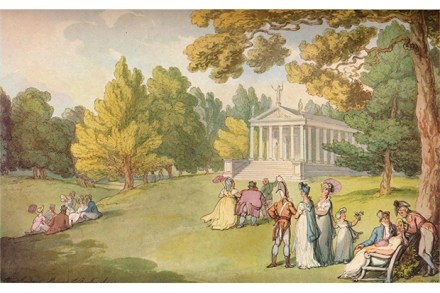The age of accusation
Mark Lawson’s latest novel, set in Britain in the recent past, presents us with a nation in the grip of ‘moral fever’. Here, the ‘giving offence to anyone at all over anything’ is considered ‘a capital crime’; the ‘post-Savile sexual witch hunt’ has trained people to ‘reinterpret heartbreak as violation’; and retribution comes not just




















